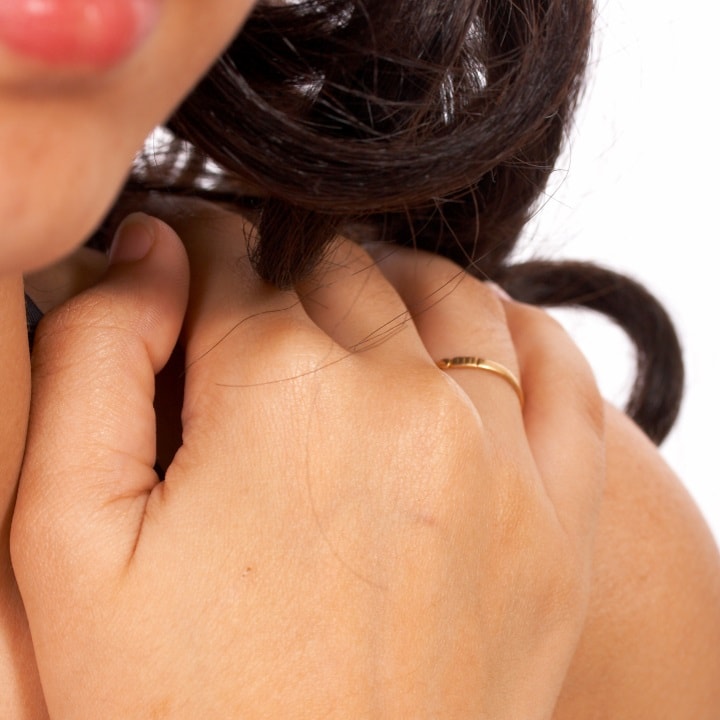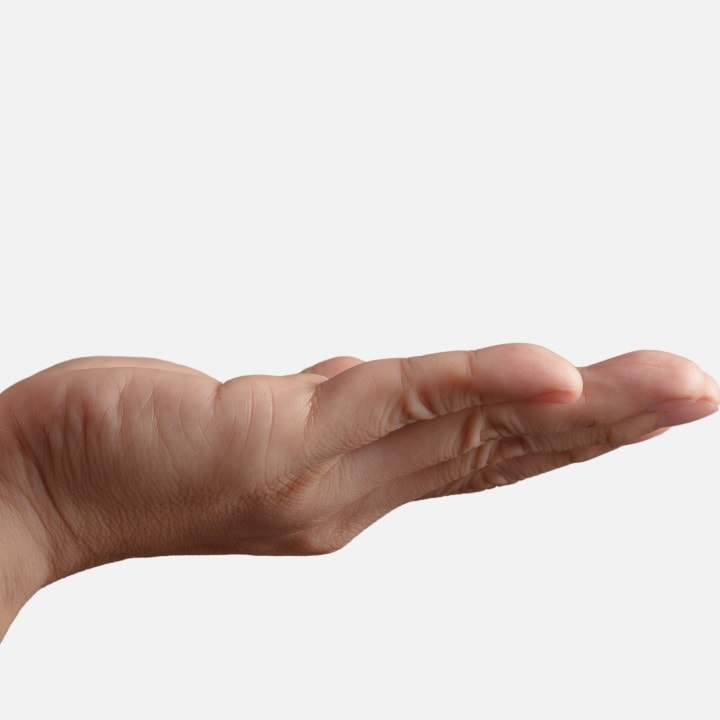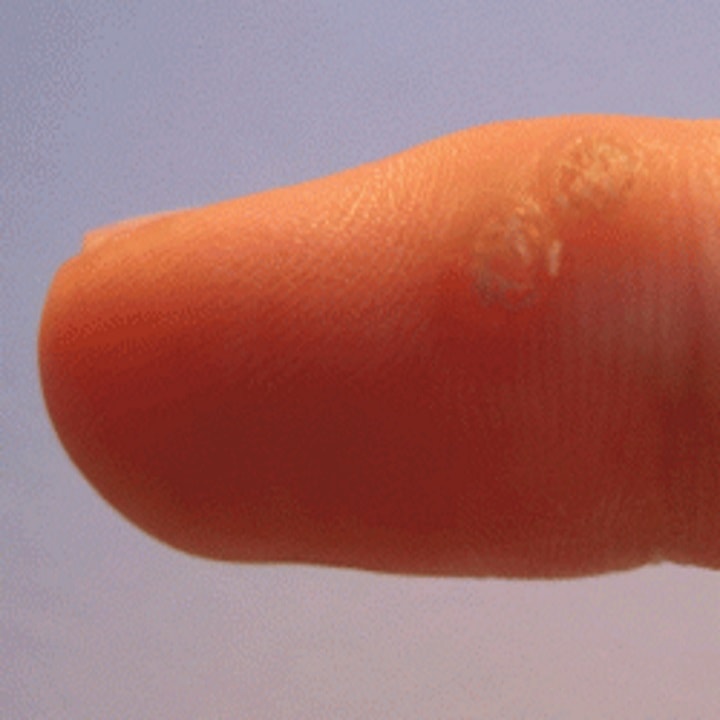Shingles

About Shingles
Shingles is a viral infection which occurs in people who have previously had chicken pox. The chickenpox virus can remain inactive in the nervous system for decades, but later in life it can flare up again and emerge this time as shingles.
When this happens it affects the nerves and the skin, causing a painful blistering rash.
Symptoms of Shingles
Often people will experience some tingling or abnormal sensation of the skin a few days before a rash appears. You may experience other viral symptoms such as mild fever, headaches and tiredness. During this period the rash will be contagious, and therefore should try to avoid direct contact with pregnant women, and anyone who has not previously had chicken pox before. Infection is usually transmitted by direct contact with fluid from the lesions.
The rash usually affects a specific area on one side of the body. It can affect any part of your body but the most common areas are the chest and abdomen. The rash usually consists of itchy blisters which look similar to chickenpox. Unlike chickenpox the rash is usually painful. These blisters usually appear over the course of around a week and then scabs form over them.
The pain is often described as a burning sensation and can vary in intensity from mild to severe. The affected skin will usually be tender and the pain can last for longer than the duration of the rash. An episode of shingles typically lasts around two to four weeks.
Shingles is caused by the Herpes Zoster virus. This is the same virus that causes chicken pox. It lies dormant in the nervous system and your immune system normally keeps it dormant but it can reactivate to cause shingles.
It is not known why it reactivates but it is thought to be related to lowered immunity. There are a number of causes of lowered immunity for example increasing age, being under emotional or physical stress, being on medications that lower your immunity e.g. chemotherapy, illnesses that cause lowered immunity e.g. HIV and AIDS.
You cannot catch shingles from someone else who has shingles but can catch chickenpox from someone who has shingles if you come into direct contact with the fluid from the blisters, if you have not had chickenpox before.
There is no cure for shingles but treatment is available to help with the symptoms. If you feel that you have shingles you should book an appointment with your GP to review it.
Antiviral tablets can be given in some circumstances, within 72 hours of onset of the rash, particularly if you suffer from other medical conditions. However these tablets are not needed in all cases, and are not always shown to be helpful. The tablets can't cure the shingles but can help stop the virus from multiplying which in turn may reduce the duration and severity of symptoms.
Pain relief medication may be required if the area continues to cause pain after the rash has resolved.
Keep the rash clean and dry and you can use a non-sticky dressing if you need to cover the blisters to prevent passing on the virus to anyone else.
If the blisters are on your face and involving the eye area at all, you should seek urgent medical advice.
If the rash is only on your body and can be covered by clothing or a dressing, the risk of passing the infection on to others is low.

Start feeling better now
Our doctors are available now to help you with shingles or any other medical condition which you would normally see your GP about. Book an appointment now and start feeling better right away.

















